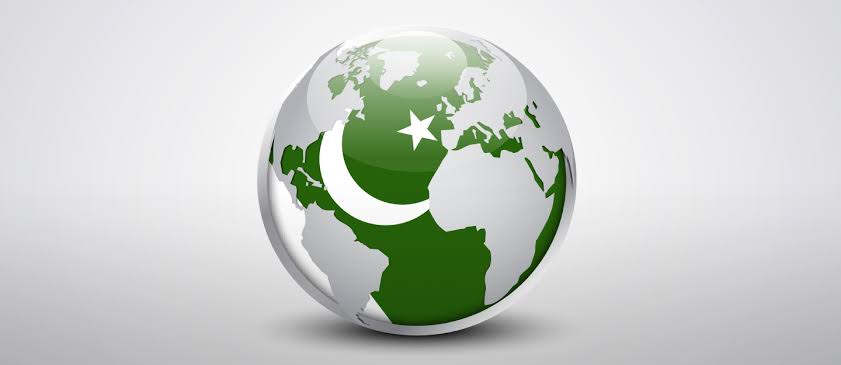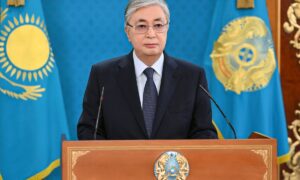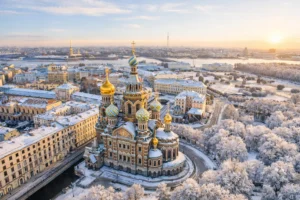Overseas Pakistanis: The Unsung Heroes of a Nation

Since the inception of Pakistan in 1947, the sons and daughters of the soil who ventured beyond its borders have remained deeply attached to their motherland. These overseas Pakistanis, scattered across continents, have played a vital role in the development and prosperity of Pakistan—not merely through financial remittances, but also in the realms of philanthropy, advocacy, national image-building, and crisis support. Their story is not just one of expatriate or economic migration, but of sustained contribution, undying loyalty, and deep-seated patriotism.
From the early 1970s, Pakistan saw a wave of migration, particularly towards the oil-rich Gulf countries. The decade marked the beginning of large-scale labour migration, with thousands of Pakistanis moving to Saudi Arabia, the United Arab Emirates, Kuwait, Qatar, Oman, and Bahrain. These workers—many of them unskilled or semi-skilled—helped build the infrastructure of Gulf cities, and in doing so, began to send back foreign exchange to Pakistan in unprecedented amounts. In 1974, the remittances stood at around $143 million. By the end of that decade, these had surged, and remittances became a crucial support for Pakistan’s balance of payments.
In the 1980s, the trend deepened. As the number of Pakistani workers grew, particularly in the Gulf, so too did the foreign exchange inflows. The decade saw annual remittances crossing $2 billion. The Middle East remained the primary destination, but migration to Europe also rose. Pakistani communities in the United Kingdom, Norway, Germany, France, and Italy became more organised, with many becoming second-generation migrants. In the UK alone, the Pakistani community grew steadily, becoming one of the largest ethnic groups. These communities sent remittances, built schools and mosques back home, and contributed to local development in their villages and towns.
The 1990s witnessed diversification. While the Gulf continued to absorb Pakistani workers, migration towards North America and Canada saw significant acceleration. Educated professionals, IT specialists, doctors, and engineers began settling in the United States and Canada. By the end of the 1990s, remittances had reached $1.2 billion per annum—a figure which, though slightly lower than the 1980s due to informal transfer channels like Hundi. Overseas Pakistanis also began to participate more actively in Pakistan’s politics, media, and advocacy, supporting democracy and voicing concerns over governance and rights.
The 2000s saw a technological transformation in the financial world. With the introduction of formal channels and stricter regulations post-9/11, more remittances began to flow through official banking systems. By 2009–10, Pakistan was receiving over $8 billion annually in foreign remittances. The diaspora in the Gulf, UK, USA, and Canada had now grown in size and stature. Moreover, this period saw the emergence of overseas Pakistani philanthropic organisations—raising funds for disaster relief after the 2005 earthquake and the 2010 floods. Charitable initiatives helped build hospitals, schools, roads, and provided emergency relief. The diaspora emerged not just as financial supporters, but as partners in nation-building.
The 2010s and beyond marked a golden era of overseas contributions. Officially, the Ministry of Overseas Pakistanis in December 2017 estimated about 8.8 million Pakistanis living abroad. By 2023, the Ministry of Emigration and Overseas Employment reported that well over 10.8 million had migrated since 1990. The United Nations places Pakistan among the six countries with the largest diaspora globally. A widely cited breakdown from 2021 holds that over 4.7 million now dwell in the Middle East, 1.6 million in Britain, followed by the United States, Canada, and Europe.
With remittances rising each year, 2022 recorded an all-time high of over $31 billion in remittances, making Pakistan one of the top five recipient countries globally. Saudi Arabia contributed around $8 billion, UAE about $6 billion, followed by the UK ($4.5 billion) and the USA ($3 billion). Today, over 9 million Pakistanis live abroad. Approximately 2.64 million reside in Saudi Arabia, 1.5 million in the UAE, over 1.5 million in the UK, 1.2 million in the USA, around 300,000 in Canada, over 200,000 in Italy, and tens of thousands scattered across France, Germany, Norway, Spain, Greece, Australia, Malaysia, and South Africa.
Apart from sending remittances, overseas Pakistanis have played a heroic role in charitable initiatives. They were among the first responders during national calamities—donating generously during the 2010 and 2022 floods, COVID-19 relief campaigns, and in countless medical and educational projects. Philanthropists among them helped retire Pakistan’s external debt on various occasions. Institutions like Shaukat Khanum Cancer Hospital, Edhi Foundation, Indus Hospital, and countless orphanages and schools have benefited from their largesse.
Furthermore, their role in promoting Pakistan’s soft image abroad cannot be overstated. Pakistani professionals, academics, and businesspersons have served as ambassadors of goodwill. From Silicon Valley to the British Parliament, from Canadian think tanks to European humanitarian organisations, Pakistanis have made their mark with dignity and competence. They have challenged stereotypes, promoted cultural exchange, and built bridges of understanding between Pakistan and the global community.
Notably, over a dozen British-Pakistanis have served as Members of Parliament in the UK, including figures like Sajid Javid, Sadiq Khan, Yasmin Qureshi, and Imran Hussain. In Canada, several Pakistan-origin individuals have been elected to federal and provincial legislatures. In Norway, politicians of Pakistani descent like Abid Raja have held ministerial positions. These achievements reflect the values, discipline, and public service ethos carried from Pakistan to their adopted lands.
Yet, despite their immense contribution, overseas Pakistanis often remain distant from policymaking within the country. They have long demanded voting rights, proper representation, and facilitation in investment. While steps have been taken over time, more institutionalised support is needed. A well-structured diaspora engagement policy is the need of the hour—one that not only honours their past contributions but also harnesses their future potential.
In conclusion, overseas Pakistanis have been more than just remitters of money. They have been the silent builders of Pakistan’s economy, the quiet benefactors of its institutions, and the unsung heroes of its tragedies and triumphs. Their role—steadfast, sincere, and selfless—must be recognized, celebrated, and institutionalized, for no nation can afford to neglect the outstretched hands of its own scattered across the world, who have never ceased to pray, work, and hope for the homeland they carry in their hearts.


